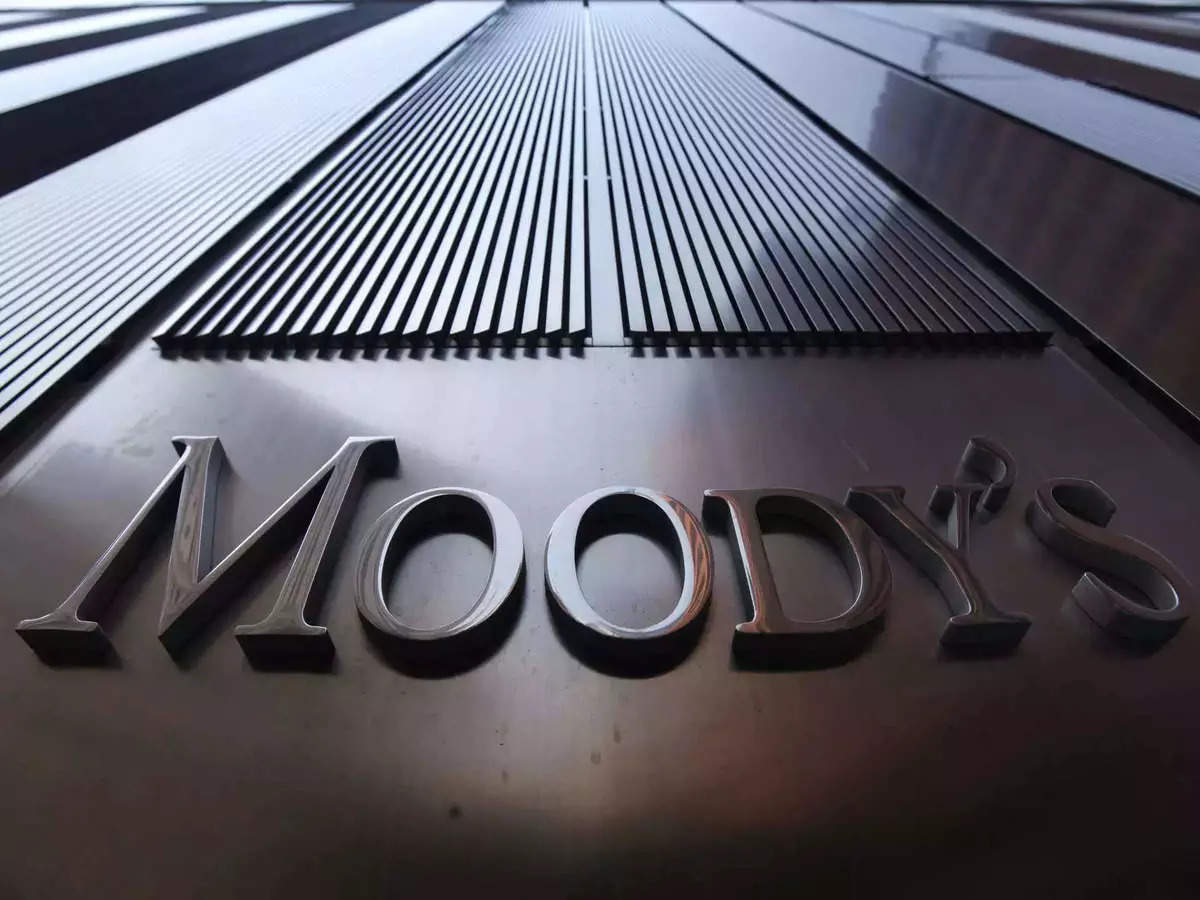In a significant financial development, Moody’s, a leading US ratings agency, has announced a downgrade of Israel’s credit rating from A1 to A2 on Friday, attributing the decision to the detrimental impacts of the ongoing conflict with Hamas in Gaza. This marks the first time Israel has experienced a downgrade by Moody’s, as reported by Bloomberg.
The agency justified its decision by highlighting the increased political risk and the weakening of Israel’s executive, legislative institutions, and fiscal strength due to the “ongoing military conflict with Hamas, its aftermath, and wider consequences.” Furthermore, Moody’s adjusted its outlook on Israel’s debt to “negative,” signaling concerns over potential escalations with Hezbollah, a powerful Lebanese militant group operating along Israel’s northern border.
The conflict, which escalated following Hamas’s unprecedented attack on October 7, has led to significant casualties. According to an AFP tally based on official Israeli figures, approximately 1,160 people in Israel, predominantly civilians, have lost their lives. In retaliation, Israel’s military actions in Gaza have resulted in at least 27,947 fatalities, mostly women and children, as reported by the health ministry in the Hamas-run territory.
In the wake of these events, S&P Global Ratings revised Israel’s credit outlook from stable to negative, citing the potential for the Israel-Hamas conflict to widen. Similarly, Fitch, another major US ratings agency, placed Israel on negative watch, reflecting concerns over the conflict’s implications.
Moody’s statement further elaborated on the rationale behind the downgrade, pointing to a deteriorated security environment, increased social risk, and a reversal in the previously projected downward trend in Israel’s public debt ratio. The agency anticipates a significant rise in Israel’s debt burden beyond initial projections due to the conflict.
The ongoing war, which has persisted since October 7, represents the latest chapter in the protracted conflict between Israelis and Palestinians, a situation that has continually destabilized the Middle East. Despite intermittent reductions in fighting intensity and temporary ceasefires, there remains no durable agreement to conclusively end hostilities or a long-term plan to restore and enhance security for Israel.
Moody’s also forecasts a substantial increase in defense spending, nearly doubling the 2022 level by the end of this year. The agency’s baseline scenario reflects the financial strain imposed by the conflict, with Israel having launched an extensive air and land offensive in response to Hamas’s deadly attacks and hostage-taking.
As negotiations for the hostages’ release and a temporary ceasefire continue, the outcome and potential for a lasting peace agreement remain uncertain. Amidst these developments, Israeli forces are preparing for a ground assault on Hamas in the southern Gaza city of Rafah, a region now overwhelmed with over a million people displaced by the conflict.
The international response has been critical, with US President Joe Biden describing Israel’s retaliation as “over the top” and the United Nations emphasizing the need to protect Palestinian civilians in Rafah.
(With inputs from agencies)
The agency justified its decision by highlighting the increased political risk and the weakening of Israel’s executive, legislative institutions, and fiscal strength due to the “ongoing military conflict with Hamas, its aftermath, and wider consequences.” Furthermore, Moody’s adjusted its outlook on Israel’s debt to “negative,” signaling concerns over potential escalations with Hezbollah, a powerful Lebanese militant group operating along Israel’s northern border.
The conflict, which escalated following Hamas’s unprecedented attack on October 7, has led to significant casualties. According to an AFP tally based on official Israeli figures, approximately 1,160 people in Israel, predominantly civilians, have lost their lives. In retaliation, Israel’s military actions in Gaza have resulted in at least 27,947 fatalities, mostly women and children, as reported by the health ministry in the Hamas-run territory.
In the wake of these events, S&P Global Ratings revised Israel’s credit outlook from stable to negative, citing the potential for the Israel-Hamas conflict to widen. Similarly, Fitch, another major US ratings agency, placed Israel on negative watch, reflecting concerns over the conflict’s implications.
Moody’s statement further elaborated on the rationale behind the downgrade, pointing to a deteriorated security environment, increased social risk, and a reversal in the previously projected downward trend in Israel’s public debt ratio. The agency anticipates a significant rise in Israel’s debt burden beyond initial projections due to the conflict.
The ongoing war, which has persisted since October 7, represents the latest chapter in the protracted conflict between Israelis and Palestinians, a situation that has continually destabilized the Middle East. Despite intermittent reductions in fighting intensity and temporary ceasefires, there remains no durable agreement to conclusively end hostilities or a long-term plan to restore and enhance security for Israel.
Moody’s also forecasts a substantial increase in defense spending, nearly doubling the 2022 level by the end of this year. The agency’s baseline scenario reflects the financial strain imposed by the conflict, with Israel having launched an extensive air and land offensive in response to Hamas’s deadly attacks and hostage-taking.
As negotiations for the hostages’ release and a temporary ceasefire continue, the outcome and potential for a lasting peace agreement remain uncertain. Amidst these developments, Israeli forces are preparing for a ground assault on Hamas in the southern Gaza city of Rafah, a region now overwhelmed with over a million people displaced by the conflict.
The international response has been critical, with US President Joe Biden describing Israel’s retaliation as “over the top” and the United Nations emphasizing the need to protect Palestinian civilians in Rafah.
(With inputs from agencies)


